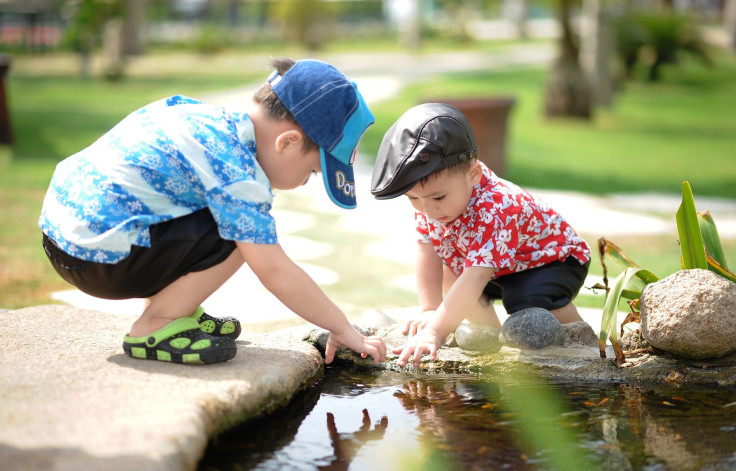A Bitter Divorce Between Parents Can Have Lasting Health Effects On Children

Children with parents who can't even speak to one another are more likely to develop colds as adults than those whose parents can actually stand being in the same room, according to a new study. Led by researchers at Carnegie Mellon University, the new findings are published in the Proceedings of the National Academy of Sciences.
Read: Millennials Make Wiser Decisions Than Their Grandparents, New Study Reports
In the study, scientists secluded 201 healthy adults, exposing them to a virus that causes a simple cold. Participants were then monitored for five days to see if they would get sick. People whose parents were not on speaking terms growing up were three times more likely to catch a cold when exposed to the virus than those whose parents were together or even those who split but remained friendly. The team attributed this to increased inflammation in the body when exposed to the virus.
"Early life stressful experiences do something to our physiology and inflammatory processes that increase risk for poorer health and chronic illness," says psychology research associate Michael Murphy, in a statement. "This work is a step forward in our understanding of how family stress during childhood may influence a child’s susceptibility to disease 20-40 years later."
As strong, healthy immune systems are vital in protecting against diseases, medical professionals focus on the importance of building them up at an early age. This new study provides further evidence that childhood experiences can have lasting impacts on our health.
"Our results target the immune system as an important carrier of the long-term negative impact of early family conflict," says study co-author and psychology professor Sheldon Cohen, in a statement. "They also suggest that all divorces are not equal, with continued communication between parents buffering deleterious effects of separation on the health trajectories of the children."
A study from 2014 indicated that childhood stress had significant impacts on the immune system. Researchers found that five year olds from families with a lot of stress had elevated cortisol levels, which is an indicator of stress, and highlighted that conflict was often passed down to children. The findings also showed that more stress resulted in weaker immune systems in the children as their bodies reacted to substances that would otherwise be ignored. This study might shed some light on the current one as children whose parents have strained relationships could feel the burdens of added stress.
Read: Children May Inherit Greater Risk For Post Traumatic Stress Disorder From Parents
It is possible to boost your child’s immune system. While most parents want to protect their children from germs, one study showed that kids who were exposed to animal feces and had more diarrhea before their second birthday also less inflammation as adults. If you’d rather keep your little ones away from the litter box, Parents magazine advises serving at least five servings of fruits and vegetables a day, ensuring your child gets plenty of physical activity and breast feeding as immunity-boosting alternatives.
See Also:
Daughters From Single-Parent Homes More Likely To Be Obese, Says New Study
Health Benefits Of Parenting: Having A Child Will Make You Live Longer, According To New Study



























